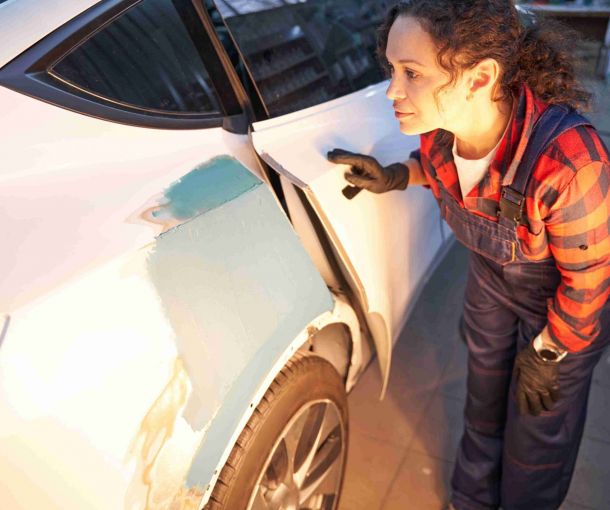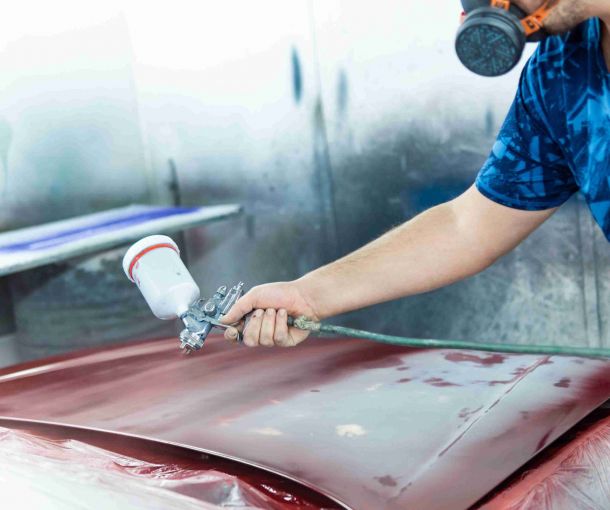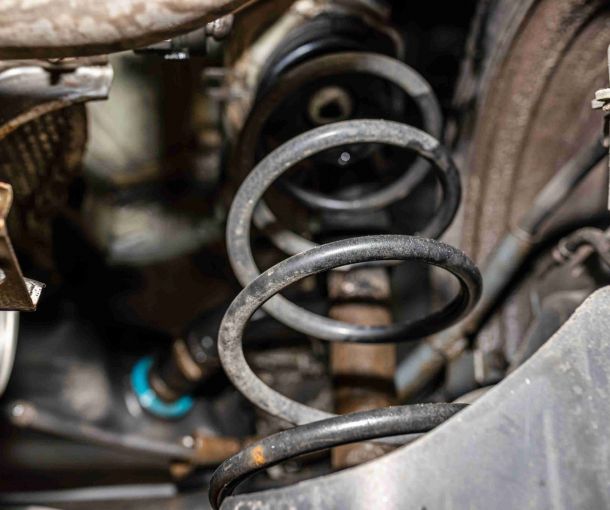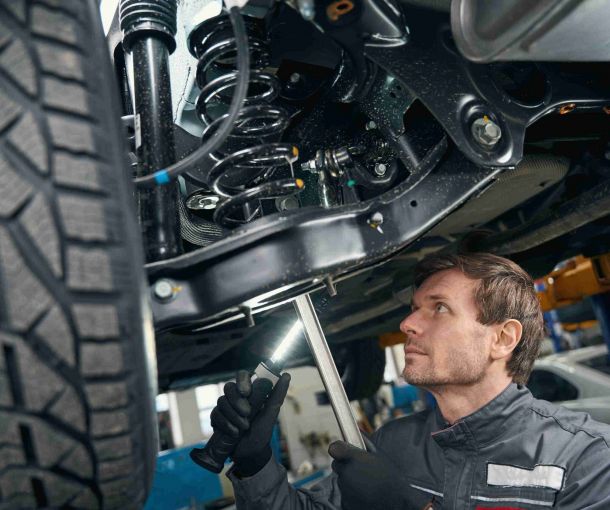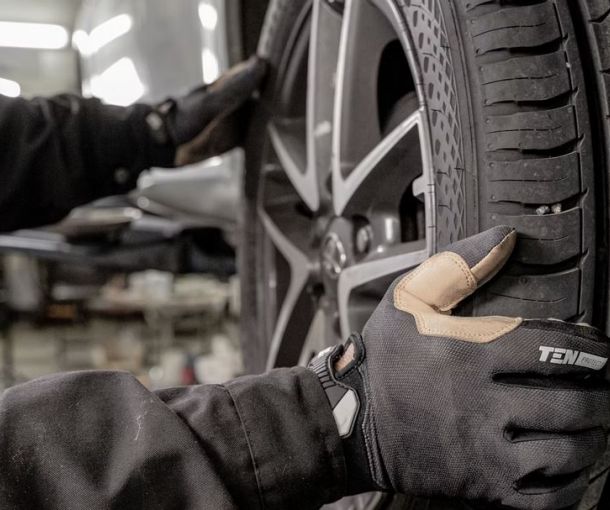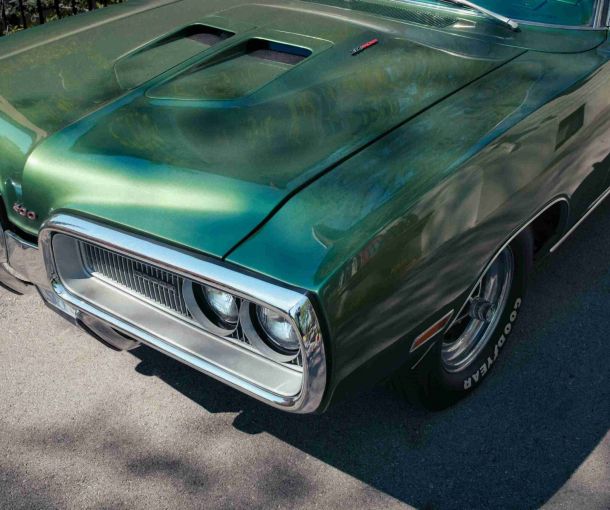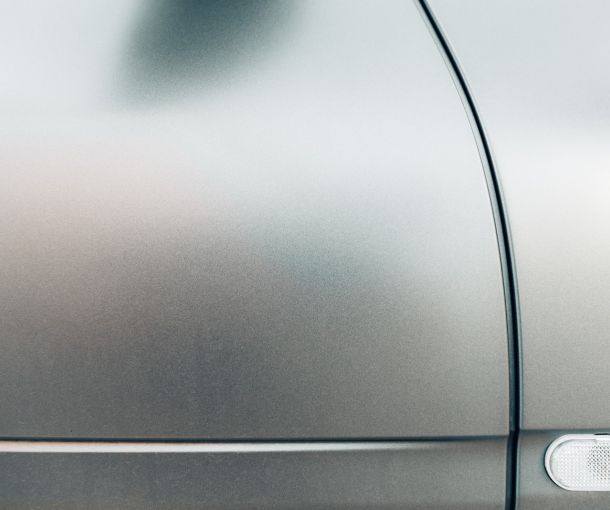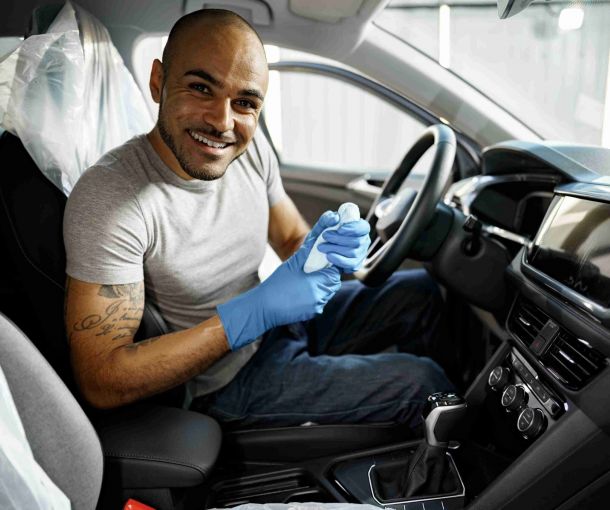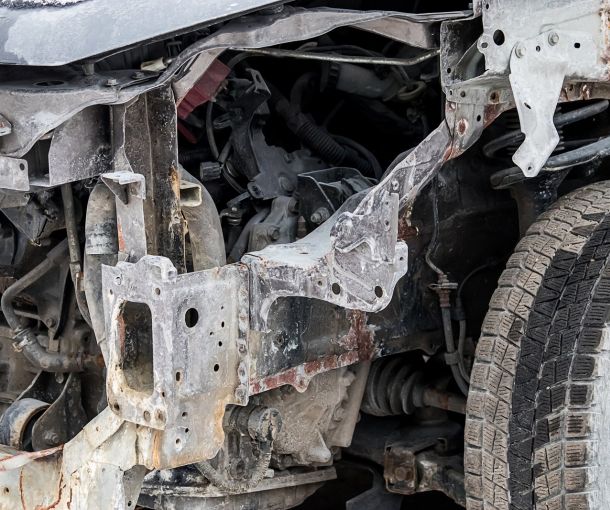Why Does My Car Smell Like Cat Pee? (Solved)
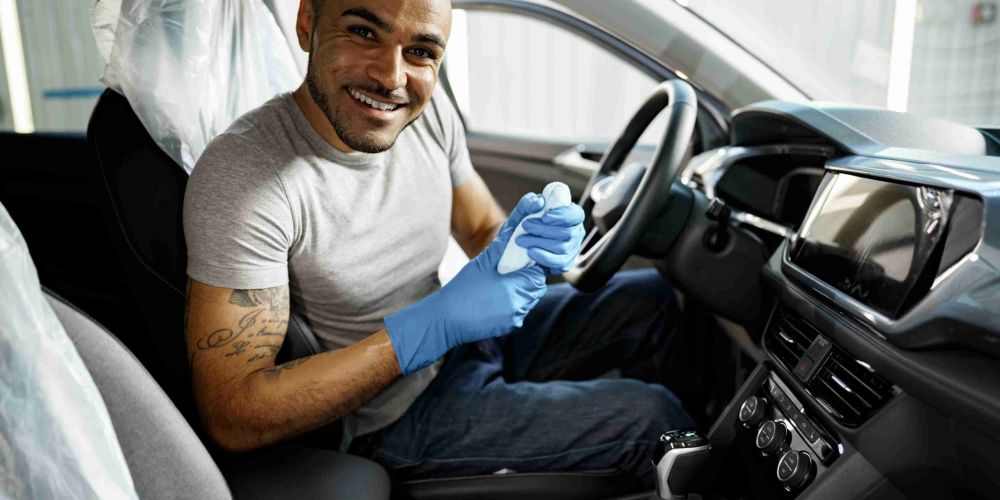
Stepped into your car lately and thought, “Whoa… why does it smell like a litter box in here?”
You’re not alone. That weird ammonia-like smell can come from a bunch of things, and most of the time, it’s not because a cat snuck in and left you a little “gift.”
Cars have all kinds of parts and fluids that, when dirty, old, or leaking, can smell surprisingly similar to cat urine.
In this post, we’ll explain why your car smells like cat pee, and show you how to get rid of it before you start holding your breath every time you drive.
Table of Contents
Toggle#1 Mold Or Bacteria Growing In The A/C System
This is one of the most common reasons why your car smells like cat pee.
Your car’s air-conditioning system collects moisture, especially on the evaporator coil. When that moisture just hangs out in there without drying, it becomes a playground for mold / bacteria.
And guess what? Some types of bacteria smell a lot like ammonia.
The smell is usually stronger when you first turn on the A/C, especially if you’ve been running it in “recirculate” mode for days on end.
That just keeps the same damp air swirling around in there, giving bacteria a nice warm home.
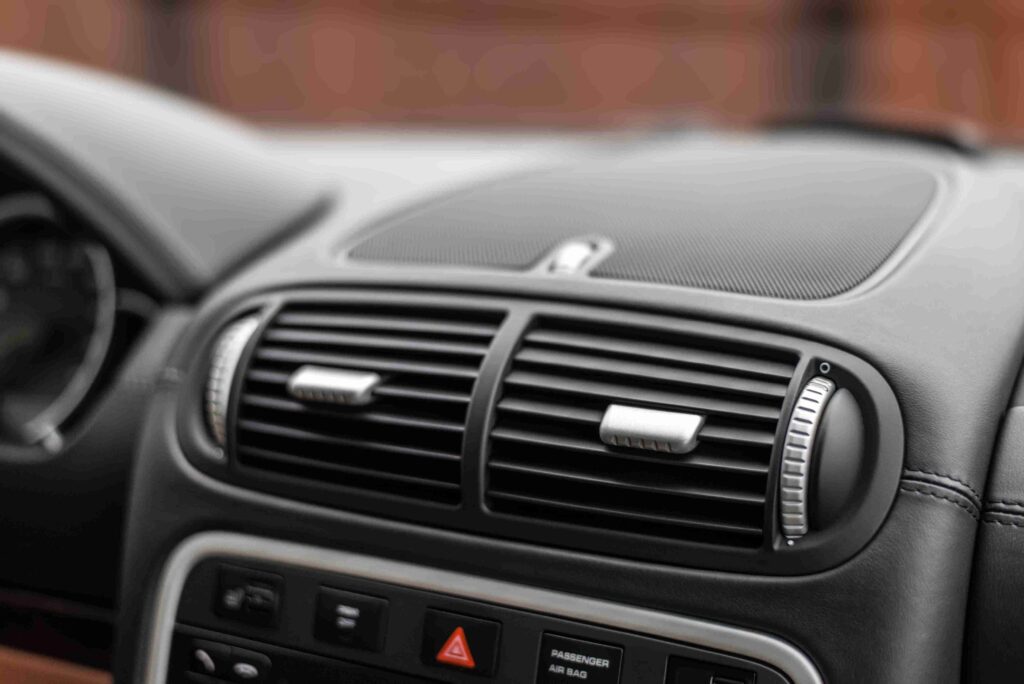
The fix? Start with the cabin air filter. It might look clean, but these things can trap microscopic particles that hold onto odors. Replacing it is easy and cheap.
You can also grab an A/C cleaning spray or foam made for cars. These are designed to kill bacteria and mold in the evaporator and ducts.
And here’s a quick tip: run your fan with fresh outside air for a few minutes before parking for the day. That helps dry things out.
#2 Old Or Contaminated Windshield Washer Fluid
This is another unexpected cause of that cat pee smell in your car.
Some washer fluids start to smell weird when they get old. If bacteria grow in the washer fluid tank, the liquid can give off an ammonia-like odor.
Every time you spray the windshield, some of that smell can sneak into your air intake.
If you’ve had the same washer fluid sitting in there for ages, just drain it and clean out the reservoir. A rinse with soapy water followed by a fresh fill of new washer fluid usually does the trick.
Oh, and avoid mixing different brands or types of washer fluid as they don’t always play nice together.
Also Read: How Much Does It Cost To Repaint A Car?
#3 Actual Pet Accident
Okay, it’s rare, but it happens. If you’ve ever left your car windows down or your car doors open in the driveway, an outdoor cat might’ve hopped in and decided to make themselves at home.
The same can happen if you’ve transported your own pet and they had an accident without you realizing.
Cat urine is strong, and it sticks to fabrics and carpeting like glue.
The smell can linger for months if not treated right!
If you suspect this happened, you’ll need a good enzyme cleaner. These break down the proteins in the cat urine that cause the odor.
Don’t just spray an air freshener on it as that only masks the smell. You need to actually clean and neutralize the spot.
#4 Exhaust Or Catalytic Converter Problems
If your catalytic converter isn’t working properly, it can cause certain gases in the exhaust to smell odd, sometimes like sulfur, sometimes like ammonia.
You might notice the smell more when you accelerate or when the car’s been running a while.
This isn’t something you want to ignore, because a failing catalytic converter can affect your car’s emissions and performance.
Plus, exhaust leaks in general are unsafe.
If you think this could be the cause, get a mechanic to check the exhaust system, oxygen sensors, and catalytic converter.
Also Read: How Much Does Car Frame Damage Repair Cost?
#5 Rodent Infestation Inside Your Car
Mice, rats, and other little critters love warm, hidden spots, and your car’s engine bay or air ducts are perfect for them.
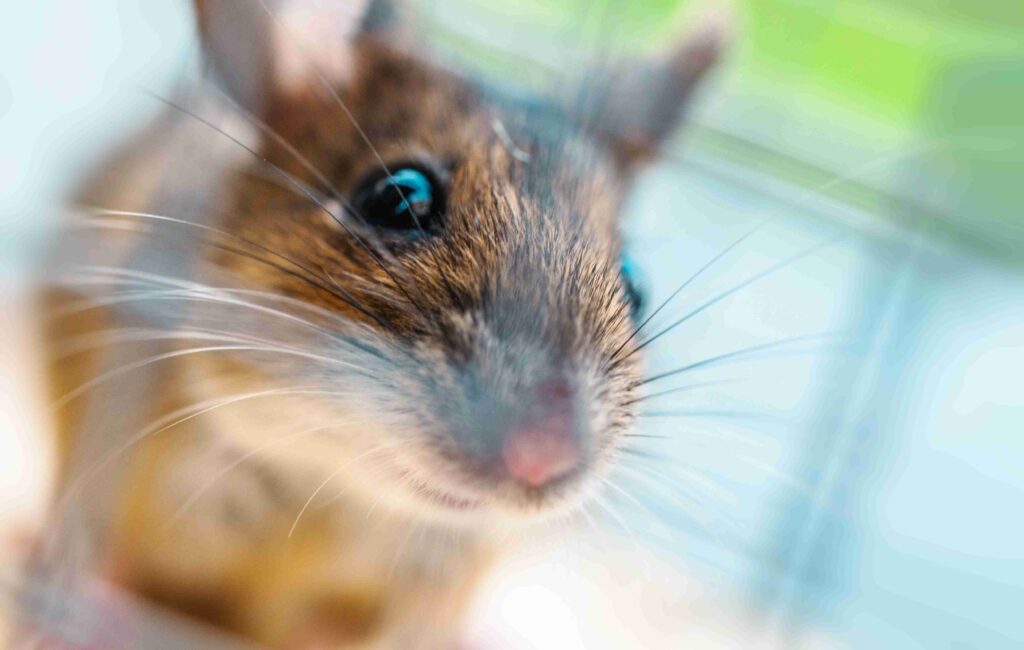
If a rodent moves in, they can leave behind droppings and urine that smell… well, like cat pee. You might also notice bits of shredded insulation, chewed wires, or nesting materials.
The bad news: cleaning this out isn’t fun.
You’ll want to carefully check under the hood, especially around the air intake, cabin air filter housing, and blower motor area. Wear gloves, and use disinfectant.
If the infestation is bad, you might need a shop to deep clean your vents.
To keep them from coming back, park away from heavy brush, don’t leave food in the car, and consider using deterrents like peppermint oil cotton balls or rodent-repellent pouches.
#6 Coolant Leaks
Coolant has its own unique sweet smell, but when it leaks and starts to evaporate or burn off, the scent can mix with other odors in the car and come across as something closer to ammonia.
This can happen if you’ve got a small heater core leak inside the dash.
If you notice a faint smell along with foggy windows, damp carpets near the firewall, or a drop in coolant levels, it’s worth getting checked.
Also Read: Do Suspension Springs Wear Out?
Heater core leaks can cause serious cooling system issues and even damage your car’s interior over time.
How To Get Rid Of The Cat Pee Smell In Car?
No matter the cause, the important thing is finding it fast. The longer you let an ammonia-like odor sit in the car, the harder it is to get rid of.
Here’s a simple plan to get started:
- Check and replace your cabin air filter.
- Inspect the A/C system and clean it if needed.
- Empty and flush your windshield washer fluid tank.
After that, do a good inspection inside and under the hood. Look for any signs of leaks, pests, or damp spots.
If you’re still stumped, a mechanic or detailing shop can help pinpoint the source.
Bottom Line
That “cat pee” smell in your car is usually a sign something’s off, and it’s not always about an actual cat. From moldy A/C systems to funky washer fluid, coolant leaks, or sneaky rodents, there are plenty of reasons for that sharp, ammonia-like odor.
The good news is most fixes are straightforward once you know where to look.
Don’t just cover it up with air fresheners. Find the source, clean it out, and take a couple of preventive steps so it doesn’t come back.
Then you can enjoy that fresh-car smell again… without wondering if you accidentally parked in a litter box.

